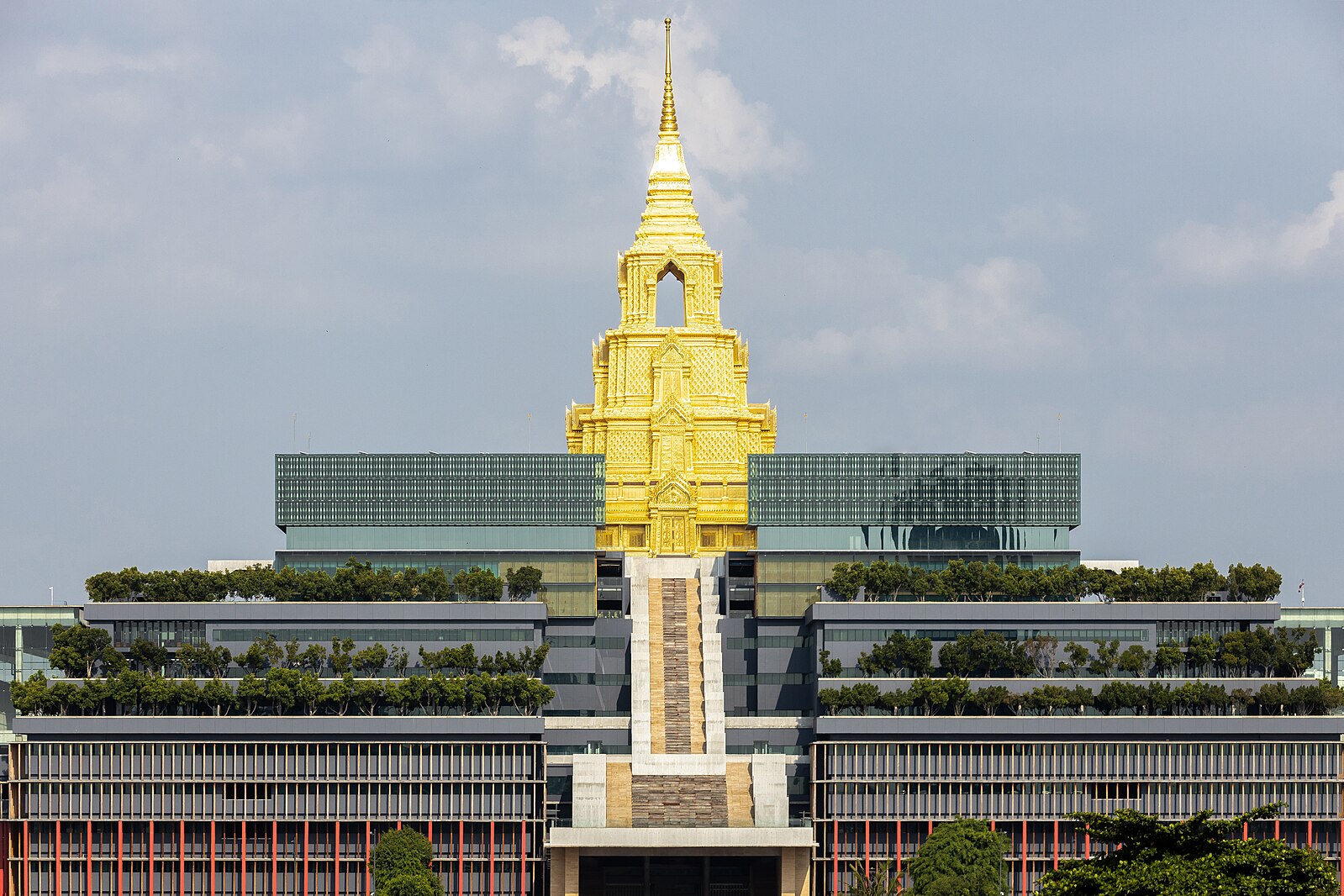By Alex Daud Briggs
Thailand will be holding its first post-coup Senate election on Sunday, but most Thais won’t be voting.
That’s because the franchise is restricted to the 46,206 people who have been approved to stand in the race to choose 200 senators in what some commentators have described as the most complicated elections in the world.
The candidates, who will ‘self-vote’, must not belong to any political party or have held any prior political office. They also need to belong to 20 occupational groups and categories, including “arts” “tech,” and “women”.
Critics argue that the system is undemocratic. Content creator Norrachai Anansakdakul says “It doesn’t reflect democracy. To apply and vote, you need to pay a high fee of 2,500 baht (£53). Candidates must be above 40 and have 10 years of work experience, meaning many people won’t participate.”
Information about the election has also been scarce, with limited publicity and candidates barred from campaigning beyond posting a profile on the Electoral Commission website.
A student, who wished to be identified under the alias Pond, said she only learned about the elections a few weeks ago through a podcast. She noted that many of her peers also learned about it recently and found the voting system difficult to understand.
“There is one group for health and another for all elderly and minorities together,” Pond said. “They claim it keeps the election clean, but what stops people in different groups from making deals with each other to get voted?”
The new senate will replace one that was appointed by the military junta after the 2014 coup and is supposed to transition authority to regular citizens.
Nanyang University political professor Duncan McCargo says the complex system is being used because the junta and conservative elites who support the monarchy believe elected politicians are easily corrupted and see the senate as “wise elders” who can keep them in check without being “tempted” themselves.
“This self-selected senate is supposed to be a force above politics,” McCargo said. “Critics, however, argue it’s to ensure the senate is composed of individuals who will not rock the boat, following their [the junta’s] influence.”
McCargo noted that information around the elections is “vague, and most people just can’t even get their heads around it.”
Feature Image: Sappaya-Sapasathan, the Thai Senate and parliament building in Bangkok. Photo credit: Supanut Arunoprayote/Wikimedia Commons.

